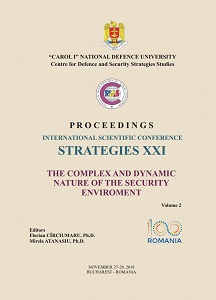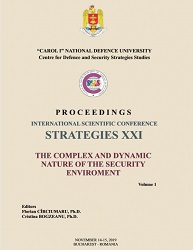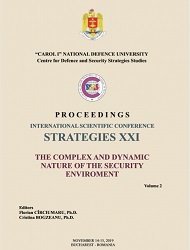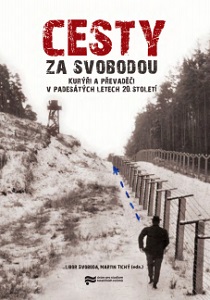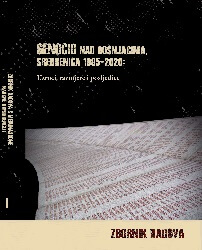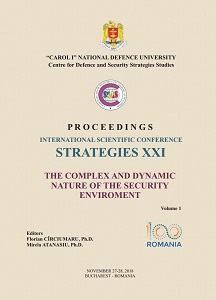
EUPHRATES SHIELD: AN ANALYSIS OF TURKEY’S INTERVENTION IN SYRIA
Starting with the civil war in Syria in 2011, its neighbors, especially Turkey,Lebanon and Jordan, faced a series of major issues that had a substantial impact on their security, domestic and foreign affairs. The growing flow of Syrian refugees fleeing the conflict, as well as the border instability generated by the conflict between the various actions on the ground, created tensions at Syria's border with these states and put pressure on the governments of Ankara, Beirut and Amman. Among these, only Turkey decided to intervene decisively by conducting a military operation in Syria to remove threats to national security. Therefore, this article aims to identify the reasons behind Turkey's decision to intervene in Syria on 24 August 2016. The working hypothesis of the article is that the occupation of more territories at the Turkish-Syrian border by the Kurdish forces (YPG)fueled Ankara's concerns about the possibility of creating a Kurdish state at the Turkey’s border. Thus, the Turkish president has approved a military intervention in Syria in order to prevent this scenario. At the same time, the article aims to analyze the costs and benefits of Turkish army following this operation.
More...
